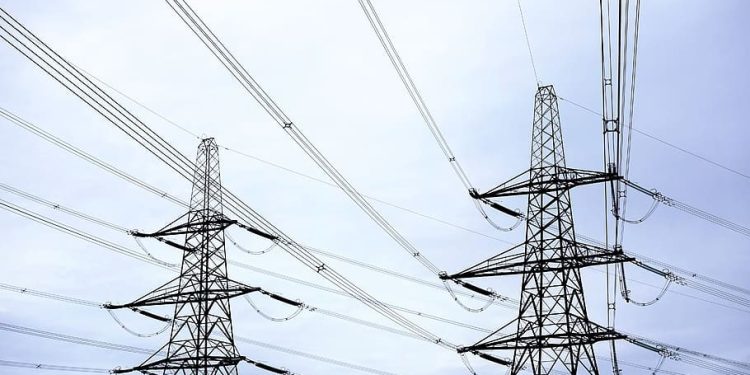The Federal Government incurred a staggering ₦536.4 billion in electricity subsidy obligations in the first quarter of 2025, reflecting a sharp increase from ₦471.69 billion recorded in the last quarter of 2024. This was disclosed in the latest report released by the Nigerian Electricity Regulatory Commission (NERC).
According to the report, the Q1 2025 figure represents 59.16 per cent of the total invoice issued to power generation companies (GenCos) during the period. The subsidy hike comes amid growing concerns over the government’s outstanding ₦4 trillion debt to GenCos.
NERC explained that the surge in subsidy obligations stems from the continued absence of cost-reflective tariffs. As a result, the government has been bridging the gap between the cost-reflective and allowed tariffs through subsidies, ensuring electricity remains somewhat affordable for end users.
To streamline the process, the government applies the subsidy at source—specifically to generation costs—under a framework known as the DisCo Remittance Obligation. This mechanism determines what each Distribution Company (DisCo) must remit to the Nigerian Bulk Electricity Trading Plc (NBET) based on current tariff limitations.
The burden of these subsidies is putting significant pressure on the power sector’s financial sustainability, with experts calling for urgent reforms to ensure cost efficiency and long-term viability.















